Council of Ministers of the Interior EUmeeting on Thursday in Luxembourg, came to an agreement on key laws on asylum and migration.
After long and difficult negotiations, the EU Presidency Sweden announced:
“The Council today took a decisive step towards modernizing the EU rulebook in the field of asylum and migration. It agreed on a negotiating position on the rules of procedure for asylum and the regulation on asylum and migration management. This position will form the basis for the negotiations of the Presidency of the Council with the European Parliament. No Member State can deal with the challenges of migration alone. The frontline countries need our solidarity. And all Member States should be able to count on responsible compliance with the agreed rule. I am very pleased that, on this basis, we have agreed on our position in the negotiations… To balance the current system, in which a few Member States are responsible for the vast majority of asylum applications, a new solidarity mechanism is being proposed that is simple, predictable and workable.”
Greece appears to be satisfied with the EU’s decision and in a statement, the Migration Ministry said:
“The establishment of a mandatory solidarity mechanism ensures that borders are constantly decongested and adapts the obligations of the Dublin Regulation to the specificities of countries on the front lines, such as Greece. It also supports the concept of safe third countries. In addition, the agreement establishes an annual political debate at the ministerial level, during which to raise the issue of the migration situation and the existing needs in terms of solidarity, which is traditionally put forward by Greece.”
What is the reason for such statements?
british The Independent writes that EU officials thus declared “tired of solidarity” in relation to Ukrainian refugees, as the bloc’s economy is slowing down, which especially affects poor families.
Despite the warm welcome given to millions of refugees from Ukraine in the European Union following the Russian invasion, EU officials said on Tuesday there were some concerns about fluctuations in support caused by the economic slowdown, which is particularly affecting poor families, under the “creeping influence of Russian propaganda” (Russian propaganda lowers the standard of living? Or is it still the fault of the sanctions that the Western countries have imposed against the Russian Federation. Editor’s note).
EU Home Affairs Commissioner Ylva Johansson stressed that the bloc’s support for the 4 million Ukrainian refugees cared for by the bloc is unwavering, but a special report says “what could be called ‘solidarity fatigue’ is beginning to emerge in some member states.” .
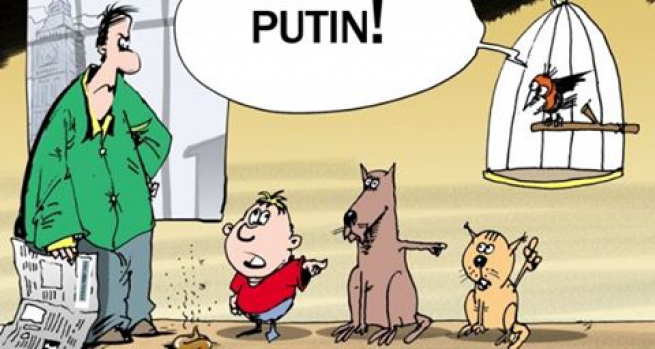
“The cost of living crisis has hit low- and middle-income families in host societies and has created an environment in which Russian propaganda can be more successful,” the EU Special Adviser on Ukraine said in the report. Lodewijk Asher.
In contrast to the hesitancy about accepting migrants coming from the Mediterranean and from the war zones in Africa and Asia, the reception of refugees from Ukraine has been lukewarm since the outbreak of the war in February 2022, when millions of people began to flee to neighboring countries such as Poland, Slovakia , Romania, and further to Germany.
Overall, Asscher said, “solidarity is alive and well. But there is also weariness, especially among the most vulnerable refugees, as well as the most vulnerable in host societies.”
What is the real reason?
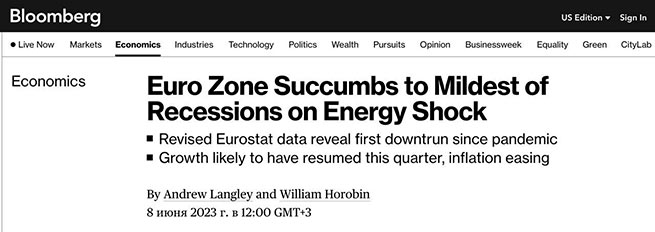
The entire Eurozone has officially entered recession., previously there was only Germany, due to the loss of access to cheap Russian energy. The latest data from Eurostat shows the decline of the bloc’s economy after the pandemic, writes Bloomberg. The economies of 20 countries shrank by 0.1% between January and March. This was due to drastic changes in the energy markets and stagnation in production, experts believe. At the same time, the European Commission predicts that European GDP will grow by 1.1% this year and by 1.6% in 2024.
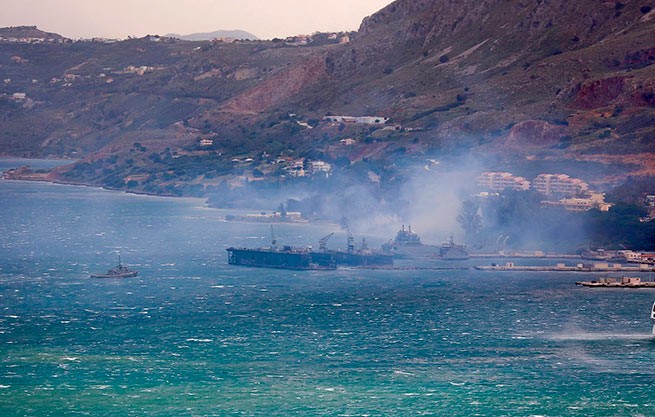

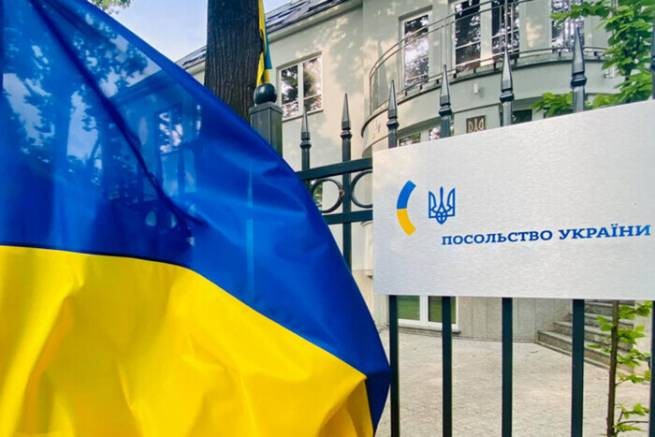
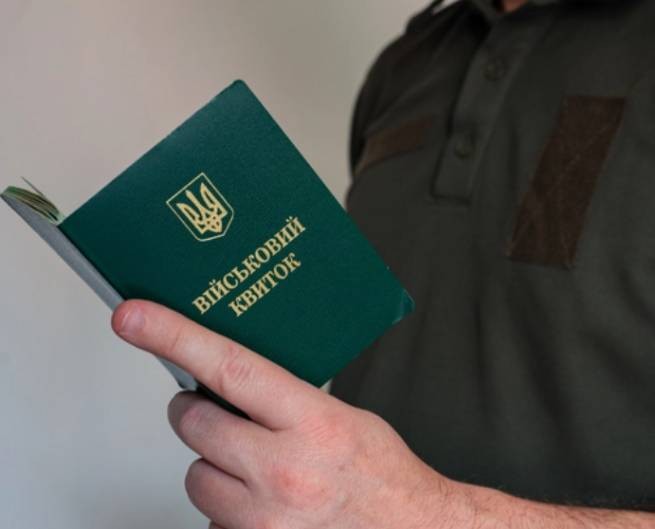

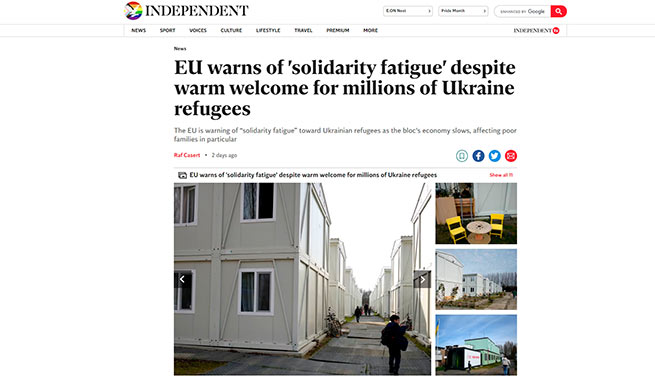

More Stories
Chaos in Paris due to Afghan demonstration
Why only a few Ukrainian refugees in Germany found work (video)
Children of a Ukrainian refugee were molested by a pedophile